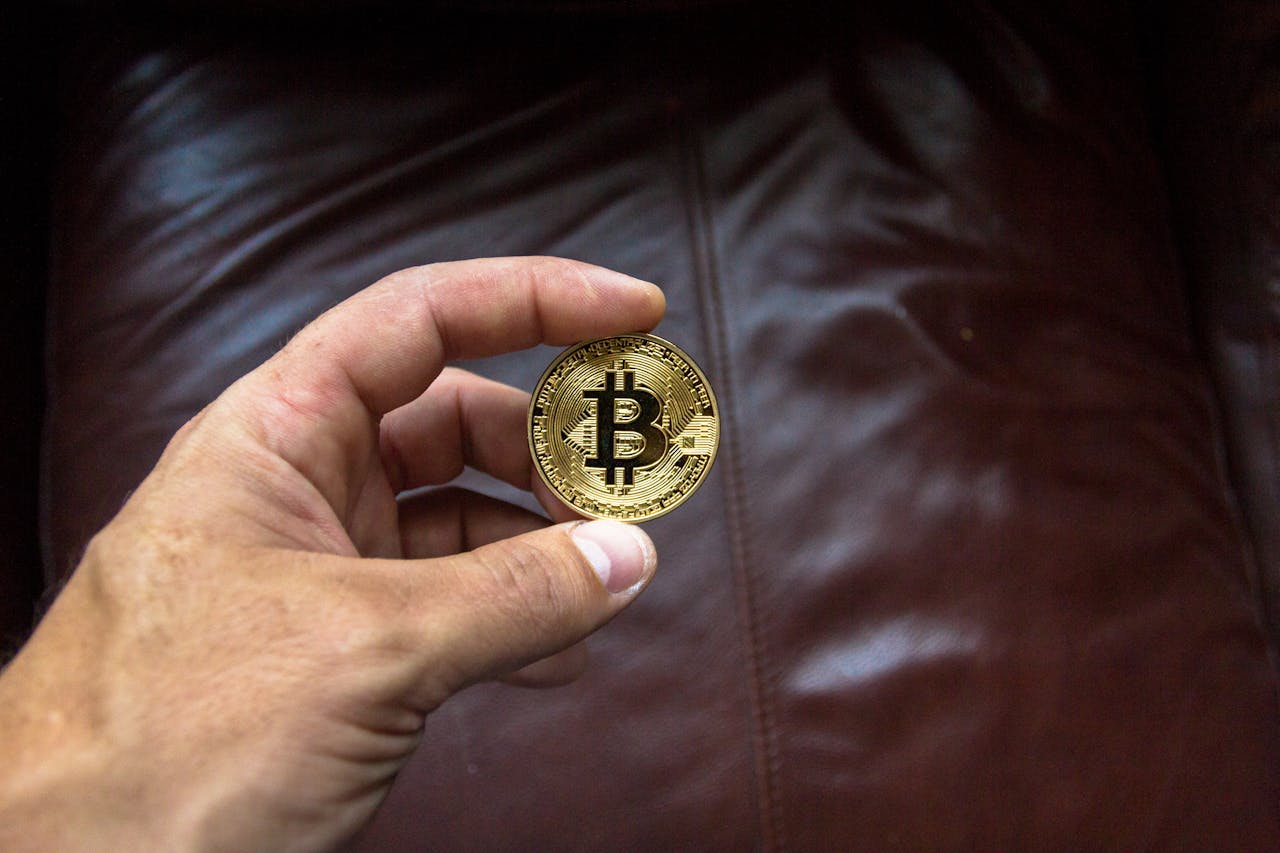

Manufacturing is a major component of the Malaysian economy. The local industry is known to produce electronic, electrical, and transport materials as well as basic metal and fabricated metal products. The growth of the manufacturing sector in Malaysia this year came after economic disruptions caused by lockdowns due to the COVID-19 pandemic, with the industry posting a record low activity index.
The manufacturing sector contributes up to 24% to the country’s gross domestic product annually. As Malaysia embraces the Fourth Industrial Revolution or Industry 4.0, the manufacturing sector needs to find ways to optimize business processes and work around the current supply chain crisis.
Why is the manufacturing sector important to the Malaysian economy, and what else can be done to support and grow the industry? We look at the current trends in the industry and what stakeholders can look forward to this year.

Malaysia’s Industrial Production Index (IPI) logged 12.1% year-on-year growth in July, spurred by growth in the manufacturing sector. This figure marked the 11-month straight increase in the country’s industrial output and is also the fastest growth that the index has logged since May 2021. In the first half of 2022, the IPI recorded a 4.4% growth rate from the previous year.
In 2021, the government started to offer packages for businesses in the manufacturing sector in Malaysia to adopt automation and digitalization. To embrace Industry 4.0, the Malaysian government created the Smart Automation Grant that enables businesses to optimize their production processes and operations.
Similarly, the Malaysian Investment Development Authority (MIDA) also created the Industry 4WRD Intervention Fund which offers financial support for small and medium-sized enterprises (SMEs) in the manufacturing sector looking to embrace Industry 4.0.
This year, the establishment of the Centre for the Fourth Industrial Revolution (C4IR) was also announced. In partnership with the World Economic Forum, the goal is for the C4IR to support technology adoption and help increase the output of Malaysia’s manufacturing sector by prioritizing innovations to spur the country’s economic growth and post-pandemic recovery.
Given the public-private partnerships currently in place to support the digital transformation and growth of the manufacturing sector in Malaysia, there is so much more to anticipate in terms of the industry’s development. The adoption of automation, robotics, artificial intelligence, and big data analytics in Malaysia’s manufacturing sector will lead to higher productivity and more innovations to connect the industry to the future.
Businesses in the technology and telecommunications space can explore opportunities and potential partnerships with Malaysia’s manufacturing sector. Strengthening the industry’s digital infrastructure and securing data for businesses can further the adoption of technology and innovations in the manufacturing sector. Optimizing systems and securing operations despite disruptions to the supply chain will keep the industry going.
As Malaysia’s manufacturing output continues to increase, there also the exists potential for higher productivity. Businesses that embrace Industry 4.0 will see that adopting technology will not only help them yield more output but can also improve their day-to-day operations. Tying up with companies in the technology industry will allow them to explore ways to maintain their productivity while also helping them look ahead to a more secure and revitalized future.

The Latest Developments in Cryptocurrency Adoption in SEA
The cryptocurrency market in Southeast Asia (SEA) has seen exponential growth in recent years. The revenue of cryptocurrency in the region was around USD 1,384 million in 2023 and is expected to grow by USD 1 million in the next four years. Countries like Indonesia, Singapore, and the Philippines are at the forefront of this digital revolution. The region's young, tech-savvy population, coupled with increasing internet penetration, has created a fertile ground for the adoption of cryptocurrencies. Currently, the crypto market in SEA is valued at several billion dollars, with projections indicating continued growth.

An Overview of the Halal Cosmetics Market in Malaysia
The halal cosmetics market in Malaysia has been experiencing significant growth. It is driven by a combination of increasing consumer awareness, government support, and the rising demand for halal-certified products among both Muslim and non-Muslim consumers.

How Digital Marketing is Transforming the Automotive Lubricants Market in Southeast Asia
In recent years, digital marketing has emerged as a transformative force in the Southeast Asian (SEA) automotive lubricants market. The region's rapidly growing internet penetration and increasing smartphone usage have created fertile ground for innovative digital strategies. This evolution is reshaping how companies engage with customers and streamline their operations, offering numerous opportunities for growth and efficiency.

Exploring New Business Models for a Sustainable Future
Transitioning towards new sustainability business models can help companies drive positive change and contribute to a more sustainable future.